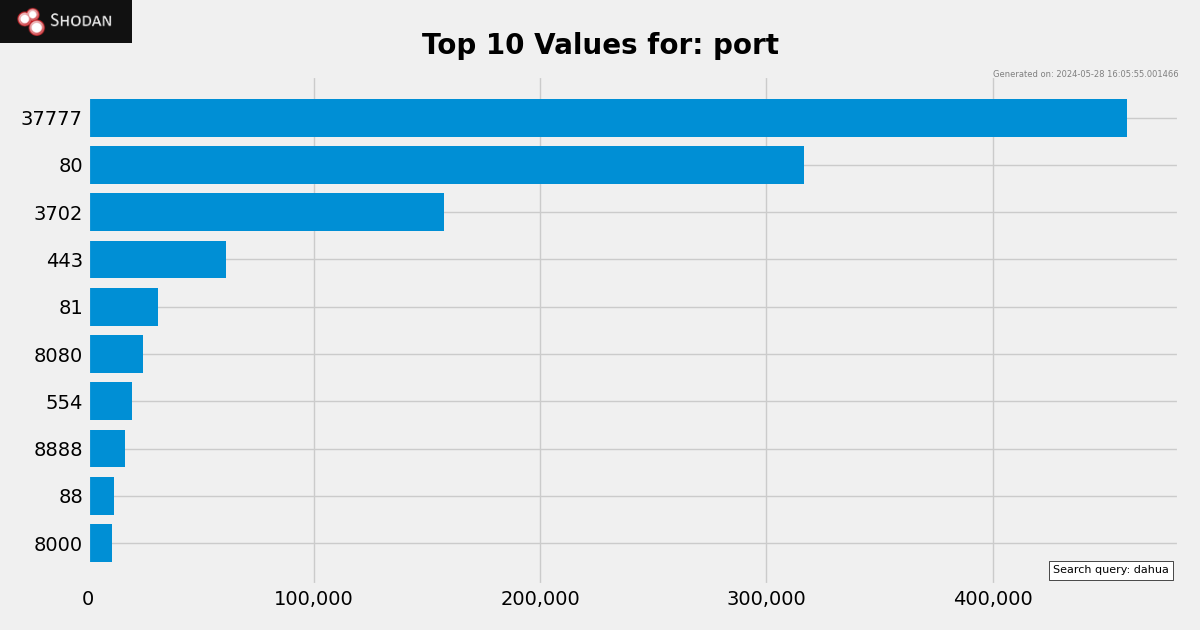I have a Unifi UXG-Pro on one end and a Unifi USG-Pro on the other. No double NATs just the Unifi routers.
The tunnel works fine both ways, I can access/ping all equipment from both sides as well as the Dahua NVRs. Everything works as expected. However, I can not ping/access the GUI for the cameras from across the tunnel. I can ping/access them from within the same LAN, but not across the tunnel. I am ruling out the VPN setup as everything else works fine, its just the Dahua cameras that are the issue. Its strange that I can access the NVR GUI's across the tunnel, but not the cameras. Is there a setting in the camera GUI that I am missing to allow VPN access? Any help would be appreciated.
Thanks,
The tunnel works fine both ways, I can access/ping all equipment from both sides as well as the Dahua NVRs. Everything works as expected. However, I can not ping/access the GUI for the cameras from across the tunnel. I can ping/access them from within the same LAN, but not across the tunnel. I am ruling out the VPN setup as everything else works fine, its just the Dahua cameras that are the issue. Its strange that I can access the NVR GUI's across the tunnel, but not the cameras. Is there a setting in the camera GUI that I am missing to allow VPN access? Any help would be appreciated.
Thanks,

